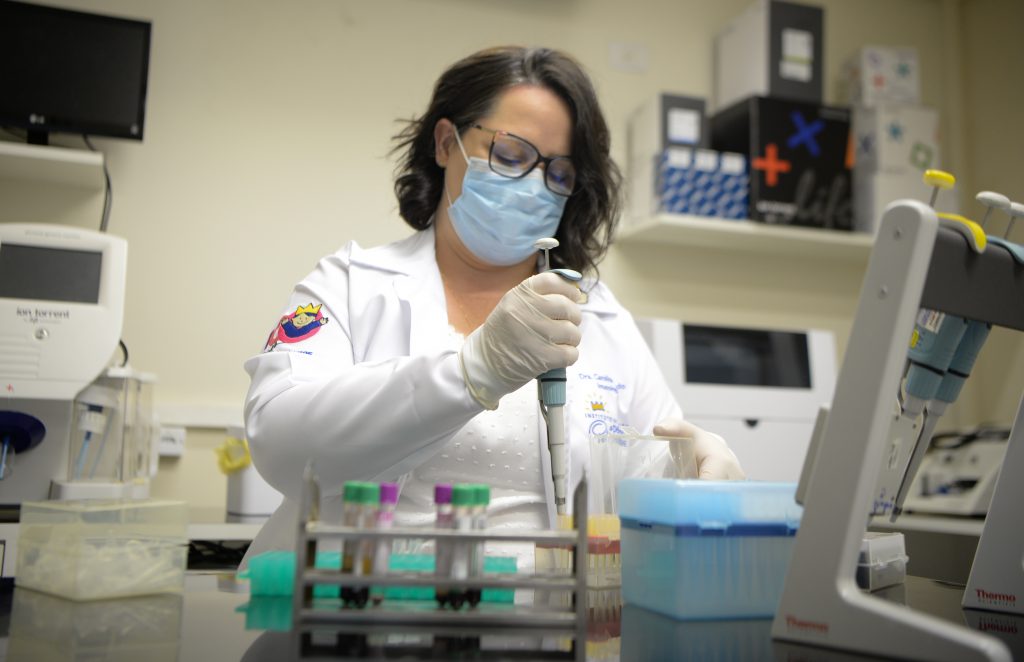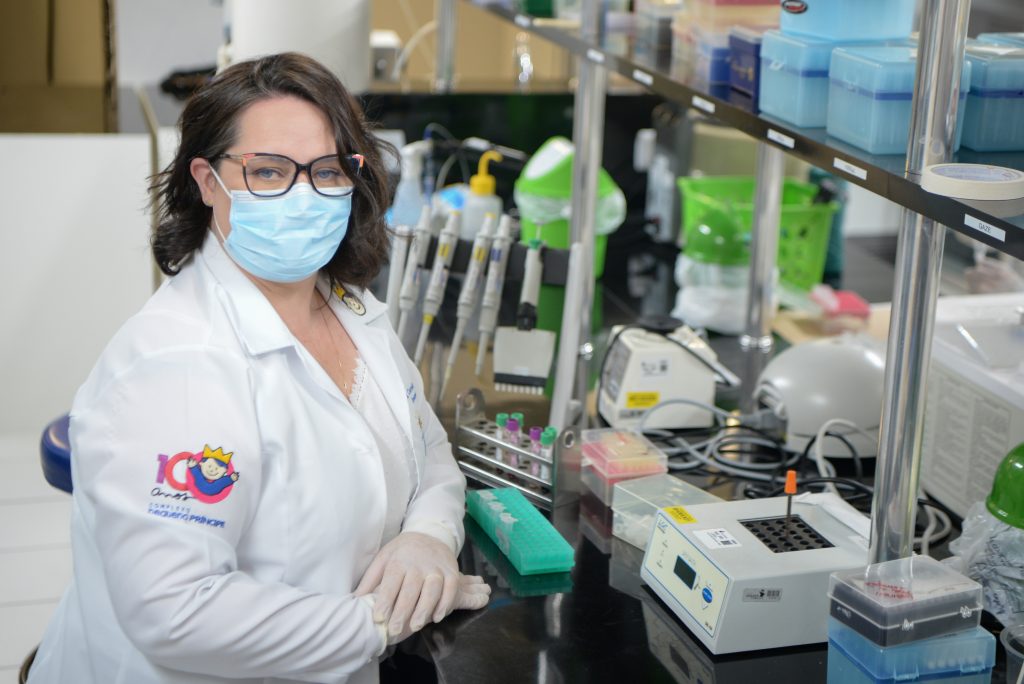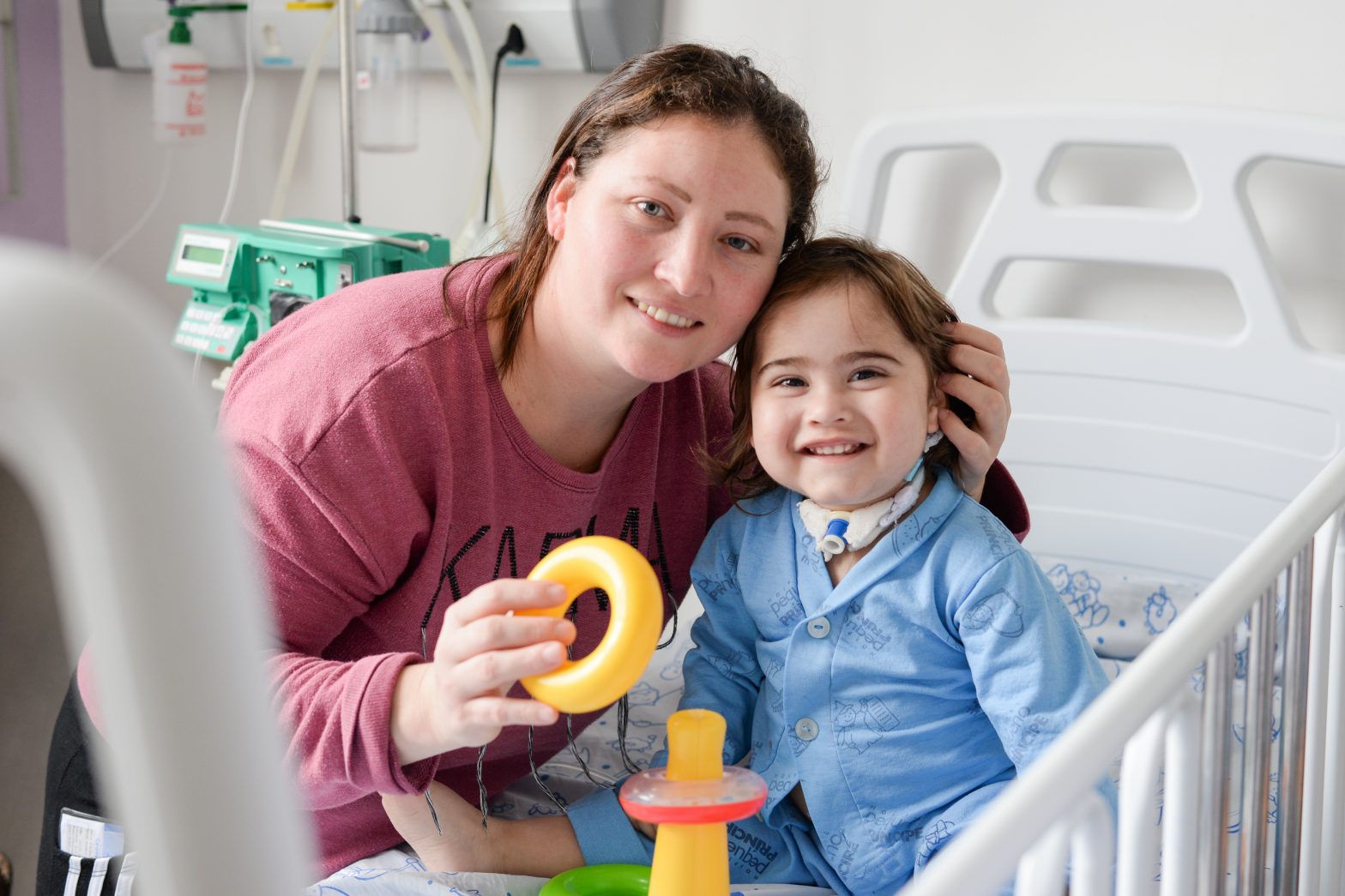Project investigates inborn errors of immunity in hospitalized children
In addition to expanding the number of diagnoses, offering patients a referral to the correct treatment, the project can contribute to the discovery of new diseases

Despite the advances that medicine has achieved in the last century, with the development of antibiotics and corticoids to treat infectious diseases, such diseases are still among the three main causes of death in children in Early Childhood, that is, up to 6 years of age, as shown by the Epidemiological Bulletin No. 46 (from December 2022), from the Ministry of Health, which presents data on child mortality in Brazil from 2015 to 2021.
Many of these children have repeated infections and receive treatments to fight that specific disease, without an investigation to understand why their organism fails to offer an adequate immune response.
“When a child’s immune system does not work well, we need to investigate whether there is an associated genetic cause, that is, a primary immunodeficiency,” explains researcher Carolina Prando, who is in charge of the project “Inborn errors of immunity in hospitalized children”, developed at the Pelé Pequeno Príncipe Research Institute.
What are inborn errors of immunity?
Inborn errors of immunity, also called primary immunodeficiencies, are genetic defects that affect the production or function of elements of the immune system, prompting to a greater chance of developing recurrent common infections, serious infections, or unusual microorganisms.

Today, around 500 genes are already associated with inborn errors of immunity and, for each of them, there is a therapeutic approach, either through curative or control treatment to reduce the risk of new infections, which, when they become repetitive, reduce the quality of life of the patient, which may cause sequelae or even lead to death.
However, science already knows that, of the 22,000 genes that human beings have, around 2,000 are linked to the immune system. “If only 500 are already mapped and related to certain diseases, it means that there are at least another 1,500 genes that still need to be studied and that may carry variants that explain why they have severe or repeated infections and that today do not receive a diagnosis,” points out the researcher.
How will the project impact the lives of children?
In this first stage of the research, around one hundred children hospitalized at the Pequeno Príncipe Hospital with serious or repeated infections will benefit. They will undergo tests to investigate whether they have any genetic alteration that justifies their body’s difficulty in fighting infections. Started in the first half of 2022, the project is still open to receiving new participants.
Another major contribution of the research will be to identify new genetic alterations associated with these conditions, which could mean the discovery of diseases. “By discovering the characteristics of a new genetic alteration, it is possible to outline a treatment strategy and offer these children an opportunity to cure or improve their quality of life,” states Carolina Prando.
The researchers are also evaluating the possibility of including participants from other hospitals in the project, thus expanding the number of children benefited.
More
ECA and SUS (Brazilian Public Health System) complement each other to guarantee the rights of children and adolescents
Born in the same year, laws are intertwined in their commitment to protect, promote, and guarantee the rights and well-being of boys and girls
Pequeno Príncipe receives award at the Brazilian Conference of Hospital Pharmacy
The recognized work highlights the Hospital’s role in micro-costing hospitalized patients with suspected intracranial hypertension
Transplants performed by Pequeno Príncipe Hospital transform lives
June 6 is World Transplant Day; 275 children and adolescents had their lives transformed at the Hospital in 2022 as a result of these procedures









